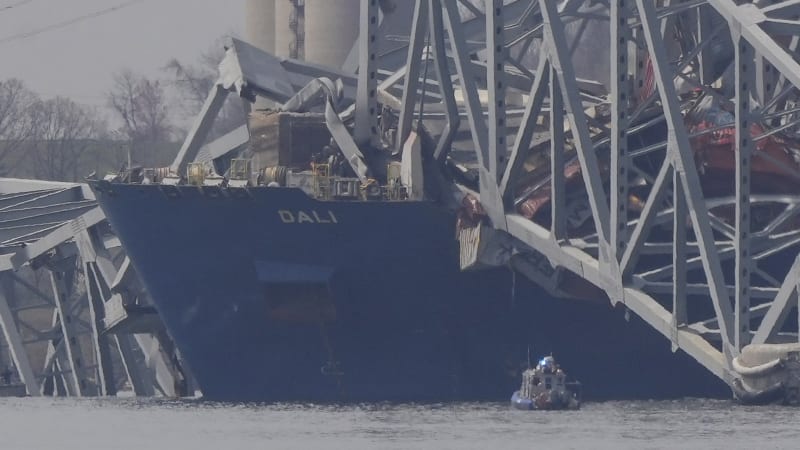Baltimore's weary commuters face 'total traffic meltdown' after bridge collapse

Traffic snarled across Baltimore on Tuesday after the collapse of the Francis Scott Key Bridge forced vehicles to divert to other congested harbor crossings, raising the specter of nightmarish commutes for residents for months or even years to come.
Drivers traveling north or south between major eastern U.S. cities such as New York and Washington were left with just two ways to cross Baltimore’s harbor after a container ship smashed into the bridge early Tuesday morning, crumpling most of it into the water and opening a gap in the city’s beltway.
Both alternate routes are tunnels closer to Baltimore’s busy downtown, where a flood of diverted cars and trucks exacerbated already clogged roadways on Tuesday, according to local radio reports and residents. About 35,000 vehicles used to cross the Key Bridge daily, according to Maryland state authorities.
“This is a big mess, a total traffic meltdown,” said Dex Dunbar, 29, who lives just across the now-submerged bridge from his mother, in a phone interview.
Visiting his mother, who often babysits his 3-year-old son, is normally a 10-minute drive but it took Dunbar almost an hour on Tuesday, he said. The alternate routes across the harbor will also add as much as an hour to Dunbar’s work commute to the state comptroller’s office in Annapolis, Maryland’s capital.
“I know there are bigger problems in the world, but we might have to live with this for many months, maybe a year, who knows,” Dunbar said.
The Baltimore County Police Department on Tuesday reassigned officers to traffic duty, re-routing commuters and trying to ease the congestion, in addition to dispatching a marine unit and a dive team to assist in the rescue and recover efforts, according to a spokesperson.
Trucks carrying hazardous materials, as well as those taller than 14.5 feet (4.42 meters) or wider than 11 feet (3.35 meters), cannot pass through either of the two tunnels traversing Baltimore’s harbor and were directed by the Maryland Transportation Authority to take a lengthy detour around the city’s western outer loop.
Maryland Department of Transportation Secretary Paul Wiedefeld told a press conference that additional resources would be deployed to help ease the congestion, but did not share specific details.
On social media, commuters vented their fears about how the loss of the Key Bridge would exacerbate traffic in a city already known for long commutes.
“Traffic between Baltimore and northern VA already a nightmare and now it’s gonna be worse?!??!?” wrote user “gnarly Rae jepsen” on the social media platform X.
The disaster had ripple effects beyond snarling traffic and alarming commuters. Two days before their opening game in the new baseball season, the Baltimore Orioles on Tuesday canceled their open workout at the team’s Camden Yards downtown stadium, citing “today’s tragedy” in a post on X.



